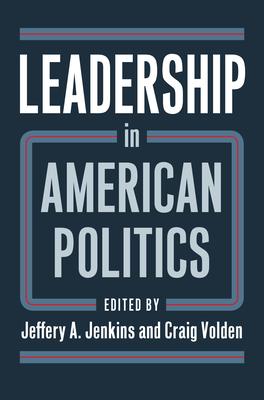In the polarized governing environment of American politics today, the problem of leadership becomes ever more pressing and ever more vexed. What defines leadership, what determines its importance and effectiveness, and how does it differ from one sphere of influence to another: these are the questions Leadership in American Politics addresses in an effort to clarify the causes and consequences of the actions that public leaders take.
The authors--prominent scholars from the major subfields of American politics--discuss the form and content of leadership in their areas of expertise across the spectrum of American government: the executive, legislative, and judicial branches; political parties; interest groups; bureaucracies; the states; and foreign policymaking. Combining historical, theoretical, and empirical approaches, their essays evaluate the constraints, opportunities, and influence of leadership in each area, as well as the challenges of bridging different realms. At a time when understanding the nature and limits of leadership is more important than ever, this volume lays the groundwork for the systematic study of leadership within and across American political institutions.
